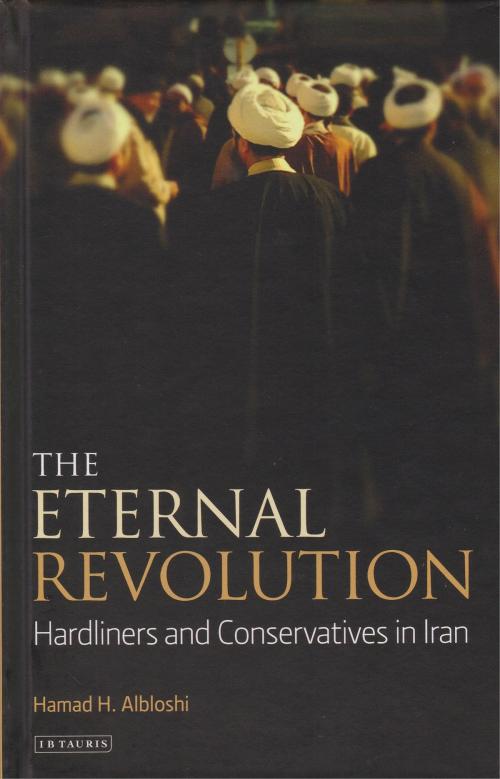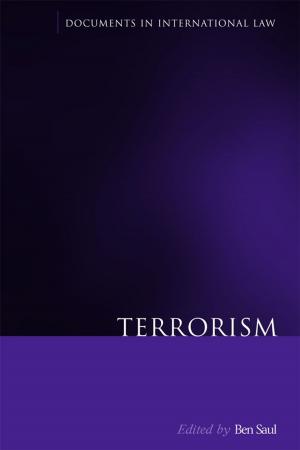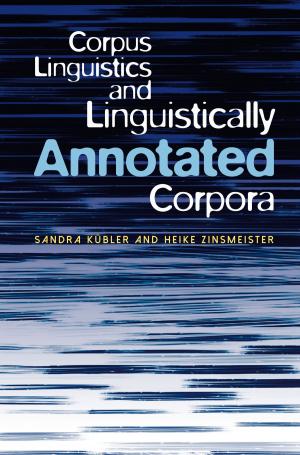The Eternal Revolution
Hardliners and Conservatives in Iran
Nonfiction, History, Middle East, Social & Cultural Studies, Political Science| Author: | Hamad Albloshi | ISBN: | 9780857729507 |
| Publisher: | Bloomsbury Publishing | Publication: | April 27, 2016 |
| Imprint: | I.B. Tauris | Language: | English |
| Author: | Hamad Albloshi |
| ISBN: | 9780857729507 |
| Publisher: | Bloomsbury Publishing |
| Publication: | April 27, 2016 |
| Imprint: | I.B. Tauris |
| Language: | English |
More than three decades have passed since the establishment of the Islamic Republic of Iran in 1979. In that time, theories of modern revolution would suggest a retreat from ideological goals, heralding a phase of institutional development. However, Hamad Albloshi argues that Iran is unique: the current rhetoric of conservative Iranian leaders implies the regime has not left its revolutionary stage. Through an examination of the hardline conservative ideology in Iran-personified by the former president Mahmoud Ahmadinejad-this book explores how the usual development seen in revolutions from radical discourse to pragmatic rhetoric has not been the case in Iran. Albloshi explores the evolution of the hardline conservatives and their main ideas about the nature of the Iranian regime, their position toward other groups within the system and their approach to the international community. By doing so, he sheds new light on the group's position in the country and the ideological roots of major shifts that occurred in Iran's internal and external policies in the period between 2005 and 2013
More than three decades have passed since the establishment of the Islamic Republic of Iran in 1979. In that time, theories of modern revolution would suggest a retreat from ideological goals, heralding a phase of institutional development. However, Hamad Albloshi argues that Iran is unique: the current rhetoric of conservative Iranian leaders implies the regime has not left its revolutionary stage. Through an examination of the hardline conservative ideology in Iran-personified by the former president Mahmoud Ahmadinejad-this book explores how the usual development seen in revolutions from radical discourse to pragmatic rhetoric has not been the case in Iran. Albloshi explores the evolution of the hardline conservatives and their main ideas about the nature of the Iranian regime, their position toward other groups within the system and their approach to the international community. By doing so, he sheds new light on the group's position in the country and the ideological roots of major shifts that occurred in Iran's internal and external policies in the period between 2005 and 2013















